Cybele Female Fertility
60 tables | Extended Release | Food Supplement with herbal ingredients & vitamins that contributes to normal fertility and reproduction.*
*EFSA-Commission Regulation (EU) No 432/2012 if 16 May 2012.
Official Journal of the European Union
Does not contain allergens, gluten, lactose , GMOs, artificial colors, tastes or preservatives. Suitable for vegans and vegetarians.
Price range: €90.00 through €180.00 inc VAT 24%
Introduction
Infertility refers to a problem of the reproductive system that results in a couple not being able to conceive (ie achieving a pregnancy), or a pregnancy coming to an end. The definition accepted according to the World Health Organization characterizes a couple as infertile in the absence of conception for at least one year of regular intercourse, without the use of contraceptive methods. Regular intercourse refers to a frequency of intercourse of two to three times a week. The period of one year is reduced to six months when the woman is over 35 years old. [1]
Infertility is not a new situation, but it seems to have increased in rates over the last few decades. Internationally, 15% of couples of reproductive age (estimated at 50-80 million people) have a fertility problem. [2]
In Greece, it is estimated that there is a higher rate of infertility (18-20%), a finding that is attributed to the high frequency of gynecological problems (eg uterine adhesions, fallopian tube occlusions), a result of limited sexual education of young people (multiple abortions, low rate use of the contraceptive pills or condoms, a large number of pelvic inflammations) in combination with the fact that today the Greek woman conceives at an older age. There are a wide variety of factors that can affect a couple’s fertility. The presence of one of these factors does not exclude the existence of another in the same pair, while one factor may have a different importance in each couple. For this reason we should consider, investigate and treat infertility as a problem of the couple and not of one or the other partner individually. 40% of infertility cases are due to the male, 40% to the female while 20% are related to problems that exist in both. In some cases, the causes of infertility remain unclear. This condition affects 10-15% of infertile couples and is known as unexplained infertility. Although a complete screening of both male and female proves to be perfectly normal, unexplained fertility problems are likely to be a combination of various, minor factors. The good news is that couples with unexplained infertility have the highest rates of normal (spontaneous) pregnancy among all infertile couples. [3-5].
Cybele female fertility is a food supplement containing vitamins and herbal extracts which, according to EFSA health claims, contribute to normal fertility and reproduction [6].
Does not contain:
Allergens, gluten, lactose, GMOs, artificial colors, tastes or preservatives. Suitable for vegans and vegetarians.
Packaging:
Available in packs of 60 tablets that last 1 month.
Dosage:
1 tablet, twice a day with meals (preferably morning and evening) or as directed by a healthcare professional. Cybele female fertility should be taken regularly for a period of at least 3 months. Its use can and should continue until conception takes place.
Precautions:
Do not exceed the daily-recommended dose. Food supplements do not substitute a well- balanced diet. This product is not intended for the prevention, cure or treatment of human diseases. Consult your physician if you are pregnant, lactating, taking medication or having health problems. Keep away from children. Store product at room temperature (max 25oC) in a dry environment.
References
- G.I. Meniru, Gambridge guide to infertility management and assisted reproduction. Press syndicate of the University of Cambridge.
- Χ. Μήτση, Κ. Ευθυμίου, Ynoyovipétnta: Ψυχολογικές- ψυχοπαθολογικές επιπτώσεις και γνωσιακές συμπεριφορικές παρεμβάσεις. Ψυχιστρική 2014, 25:293-302.
- Μ.Ο. Ozkaya, M.Naziroglu, C. Barak, M. Berkkanoglu, Effects of multivitamin/mineral supplementation on trace element levels in serum and follicular fluid of women undergoing in vitro fertilization (IVF). Biol Trace Elem Res (2011) 139:1-9.
- C. Ross, A. Morriss, M. Khairy, Υ. Khalaf, P. Braude, A. Coomarasamy, T. El-Toukhy, A systematic review of the effect of oral antioxidants on male infertility. Reproductive BioMedicine Online (2010) 20, 711-723.
- E.H. Ruder, T.J. Hartman, J. Blumberg and M.B. Goldman, Oxidative stress and antioxidants: exposure and impact on female fertility. Hum Reprod Update. 2008 ; 14(4): 345-357.
- Commission regulation (EU) No 432/2012 of 16 May 2012, Official Journal of the European Union.
- Zhang W, HuX, Yang W, Gao, Chen J, Omega-3 polyunsaturated fatty acid supplementation confers longterm neuroprotection against neonatal hypoxic-ischemic brain injury through anti-inflammatory actions. Stroke. 2010 Oct;41(10):2341-7.
- Jordan RG, Prenatal omega-3 fatty acids: review and recommendations. J Midwifery Womens Health. 2010 Nov-Dec;55(6):520-8.
- Khanum F, Singh Bawa A, Singh B, Rhodiola rosea: A Versatile Adaptogen. Comprehensive reviews in food science and food safety, Vol. 4, 2005.
- Hudson T, Rhodiola rosea. An overview of its versatility, effectiveness and indications. Gaia herbs professional solutions.
- Masharani U, Gjerde C, Evans JL, Youngren JF, Goldfine ID, Effects of controlled-release alpha lipoic acid in lean, nondiabetic patients with polycystic ovary syndrome. J Diabetes Sci Technol. 2010 Mar 1;4(2):359- 64.
- Navari-1zzo F, Quartacci M.F, Sgherri C, Lipoic acid: a unique antioxidant in the detoxification of activated oxygen species. Plant Physiol. Biochem. 40 (2002) 463-470. 28 29
- Ito TY, Trant AS, Polan ML, A double-blind placebo-controlled study of ArginMax, a nutritional supplement for enhancement of female sexual function. J Sex Marital Ther. 2001 Oct- ec;27(5):541-9.
- Nascimento MA, Silva AK, Franga LC, Quignard EL, Lépez JA, Almeida MG, Turnera ulmifolia L. (Turneraceae): preliminary study of its antioxidant activity. Bioresour Technol. 2006 Aug;97(12):1387-91. Epub 2005 Oct 11.
- Roychoudhury 5, Agarwal A, Virk G, Cho CL, Potential role of green tea catechins in the management of oxidative stress-associated infertility. Reprod Biomed Online. 2017 May; 34(5):487- 98.
- Xu H, Lui WT, Chu CY, Ng PS Wang CC, Rogers MS, Anti-angiogenic effects of green tea catechin on an experimental endometriosis mouse model. Hum Reprod. 2009 Mar; 24(3):608-18.
- Turi A, Giannubilo SR, Brugé F, Principi F, Battistoni 5, Santoni F, Tranquilli AL, Littarru G, Tiano L. Coenzyme Q10 content in follicular fluid and its relationship with oocyte fertilization and embryo grading. Arch Gynecol Obstet. 2012 Apr;285(4):1173-6.
- Assaf Ben-Meir et al, Coenzyme Q10 restores oocyte mitochondrial function and fertility during reproductive aging. Aging Cell. 2015 Oct; 1 4(5): 887-895.
- Teran E, Racines-Orbe M, Vivero 5, Escudero C, Molina G, Calle A, Preeclampsia is associated with a decrease in plasma coenzyme Ω10 levels. Free Radic Biol Med. 2003 Dec 1;35(11):1453-6.
- Chitayat D, Matsui D, Amitai Y, Kennedy D, Vohra S, Rieder M, Koren G, Folic acid supplementation for pregnant women and those planning pregnancy: 2015 update. J Clin Pharmacol. 2016 Feb; 56(2): 170-175.
- Wilson RD et al, Pre-conception folic acid and multivitamin supplementation for the primary and secondary prevention of neural tube defects and other folic acid- sensitive congenital anomalies. J Obstet Gynaecol Can. 2015 Jun;37(6):534-52.
- Greenberg JA, Bell SJ, Guan, YuY, Folic Acid Supplementation and Pregnancy: More Than Just Neural Tube Defect Prevention. Rev Obstet Gynecol. 2011 Summer; 4(2): 52-59.
- Barrington JW, Lindsay P, James D, Smith S, Roberts A, Selenium deficiency and miscarriage: a possible link? Br J Obstet Gynaecol. 1996 Feb;103(2):130-2.
- Mistry HD, Wilson V, Ramsay MM, Symonds ME, Broughton Pipkin F, Reduced selenium concentrations and glutathione peroxidase activity in preeclamptic pregnancies. Hypertension. 2008 Nov;52(5):881-8. 30 31
- Cicek N, Eryilmaz OG, Sarikaya E, Gulerman C, Genc Y, Vitamin E effect on controlled ovarian stimulation of unexplained infertile women. J Assist Reprod Genet. 2012 Apr;29(4):325-8.
- Ménézo Y, Pluntz L, Chouteau J, Gurgan T, Demirol A, Dalleac A, Benkhalifa M, Zinc concentrations in serum and follicular fluid during ovarian stimulation and expression of Zn2+ transporters in human oocytes and cumulus cells. Reprod Biomed Online. 2011 Jun; 22(6):647-52.
- Tian X, Diaz FJ, Zinc Depletion Causes Multiple Defects in Ovarian Function during the Periovulatory Period in Mice. Endocrinology. 2012 Feb; 153(2): 873-886.
- Ciotta L, Stracquadanio M, Pagano |, Carbonaro A, Palumbo M, Gulino F. Effects of myo inositol supplementation on oocytes quality in PCOS patients: a double blind trial. Eur Rev Med Pharmacol Sci. 2011 May;15(5):509-14.
- Emekgi Ozay 0, Ozay AC, agliyan E, Okyay RE, Giilekli
- Myo-inositol administration positively effects ovulation induction and intrauterine insemination in patients with polycystic ovary syndrome: a prospective, controlled, randomized trial. Gynecol Endocrinol. 2017 Jul;33(7):524-528.
- Kamenov Z, Kolarov G, Gateva A, Carlomagno G, Genazzani AD. Ovulation induction with myo-inositol alone and in combination with clomiphene citrate in polycystic ovarian syndrome patients with insulin resistance. Gynecol Endocrinol. 2015 Feb;31(2):131-5.
- Effects of Dehydroepiandrosterone (DHEA) Supplementation to Improve Ovarian Response and IVF Outcomes on Women with Poor Ovarian Response. José Fernando de Macedo et al, http://dx.doi.org/10.5772/ intechopen. 79320.
Additional information
| Quantity | 1 month therapy (€90), 2 months therapy (€160), 3 months therapy (€180) |
|---|

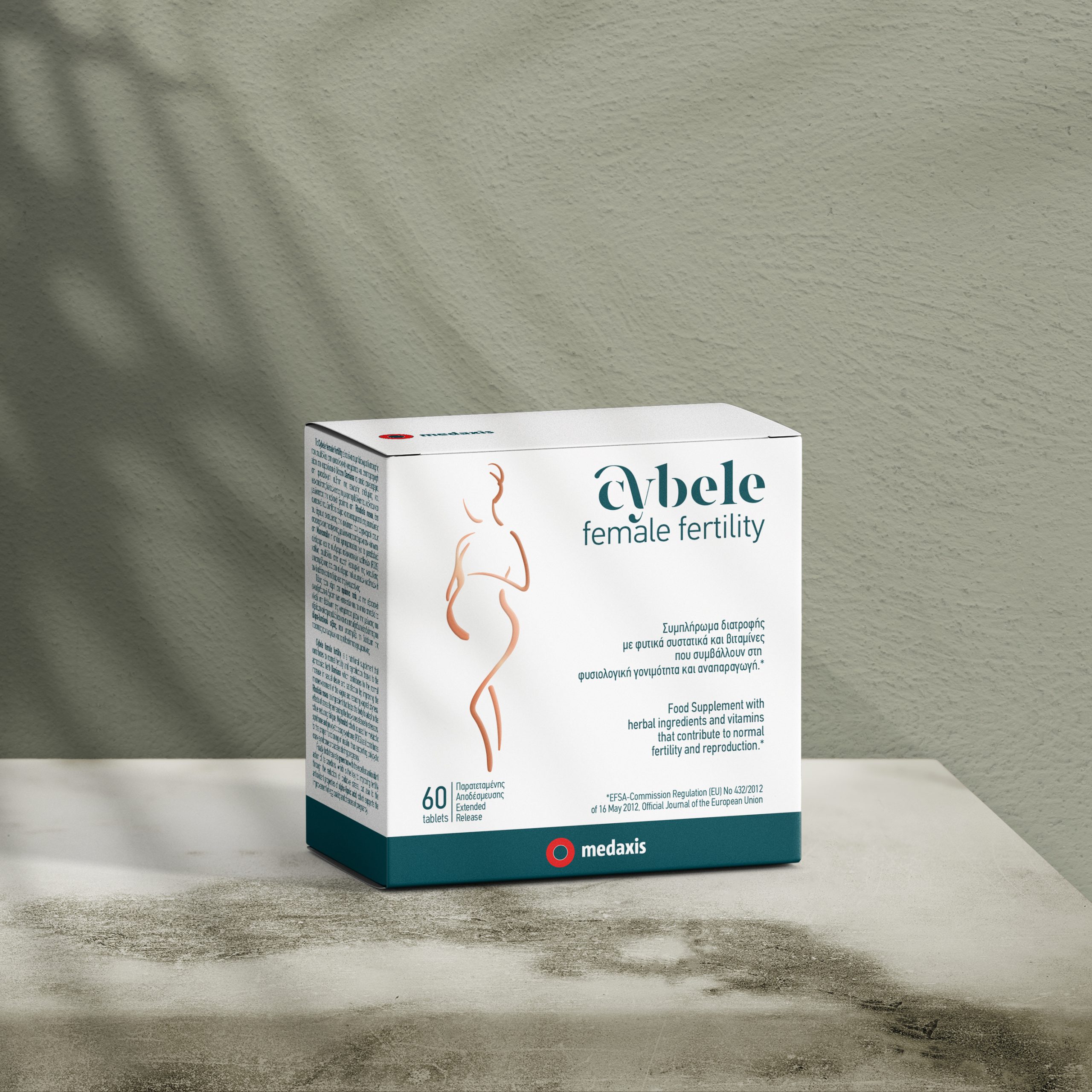
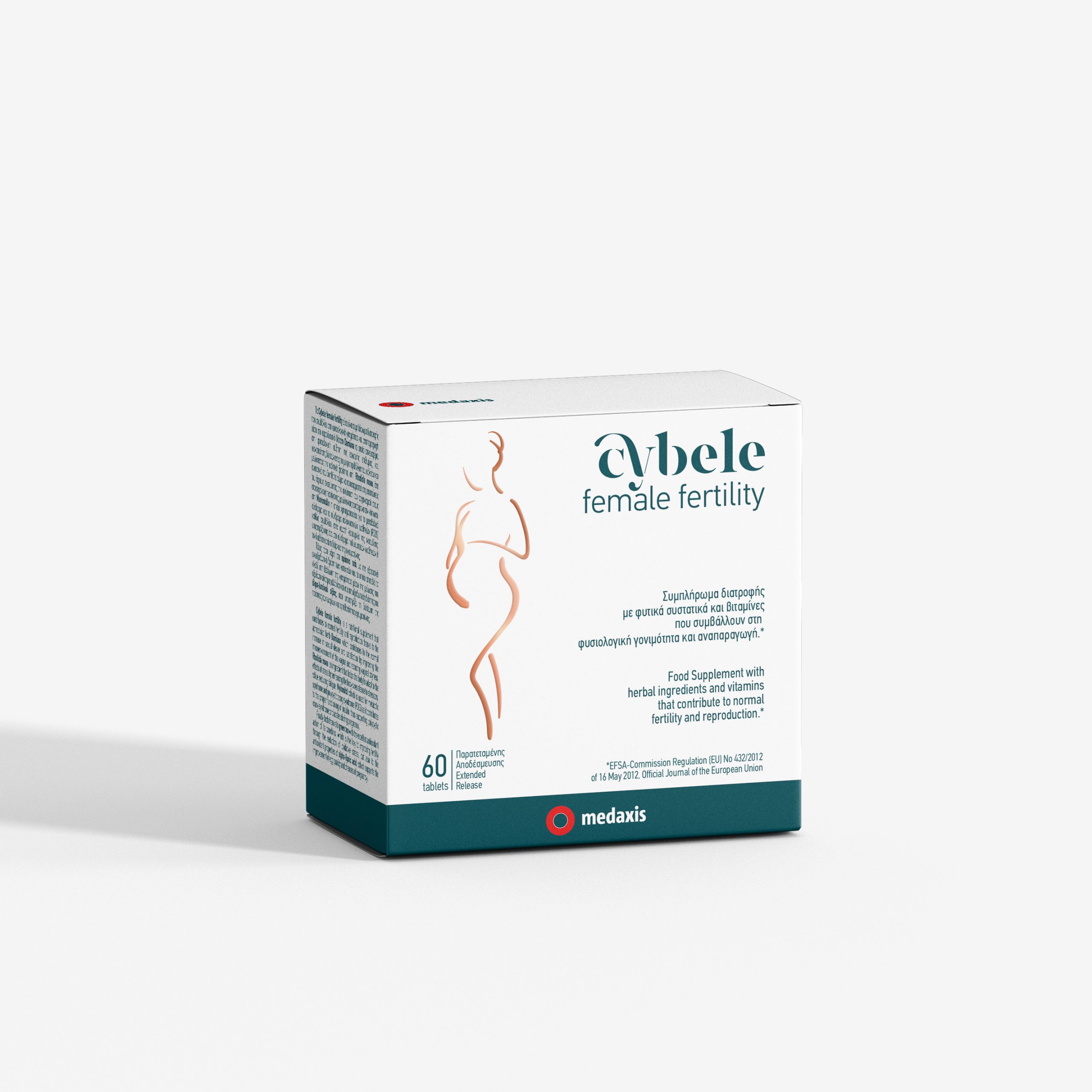
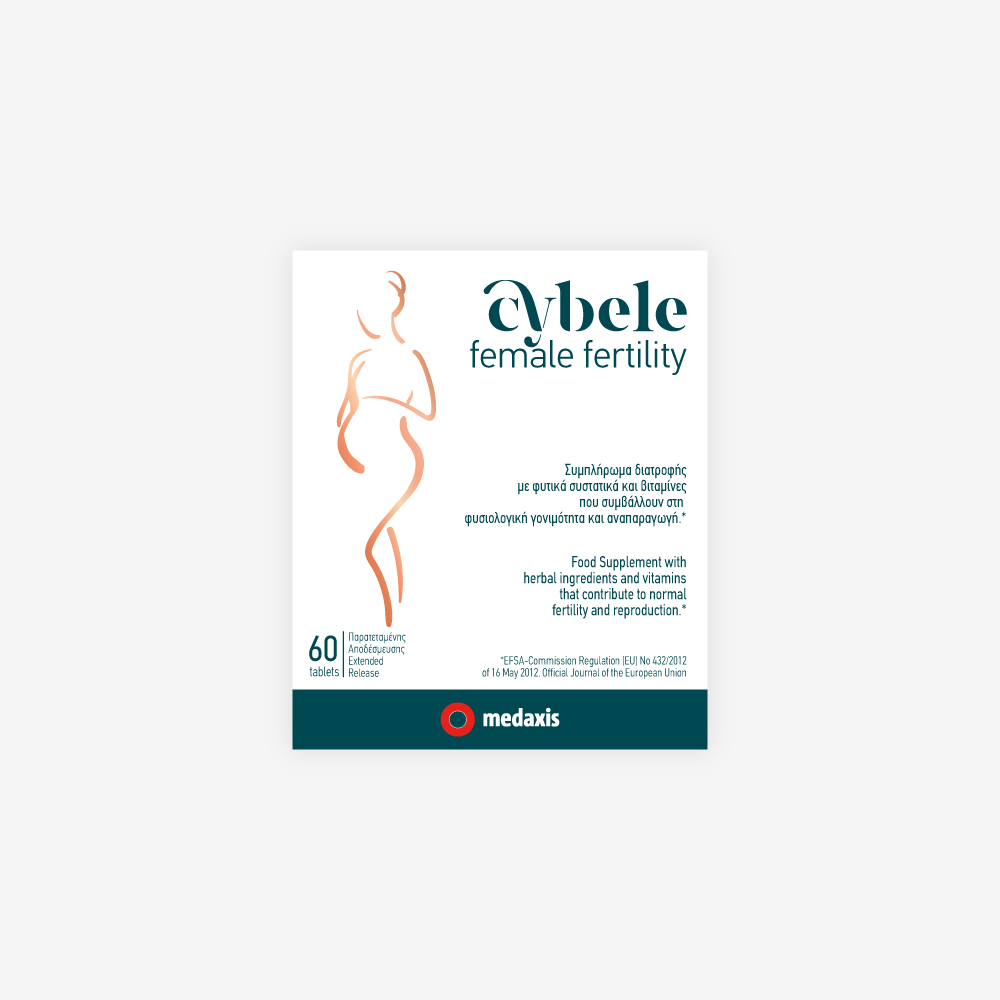
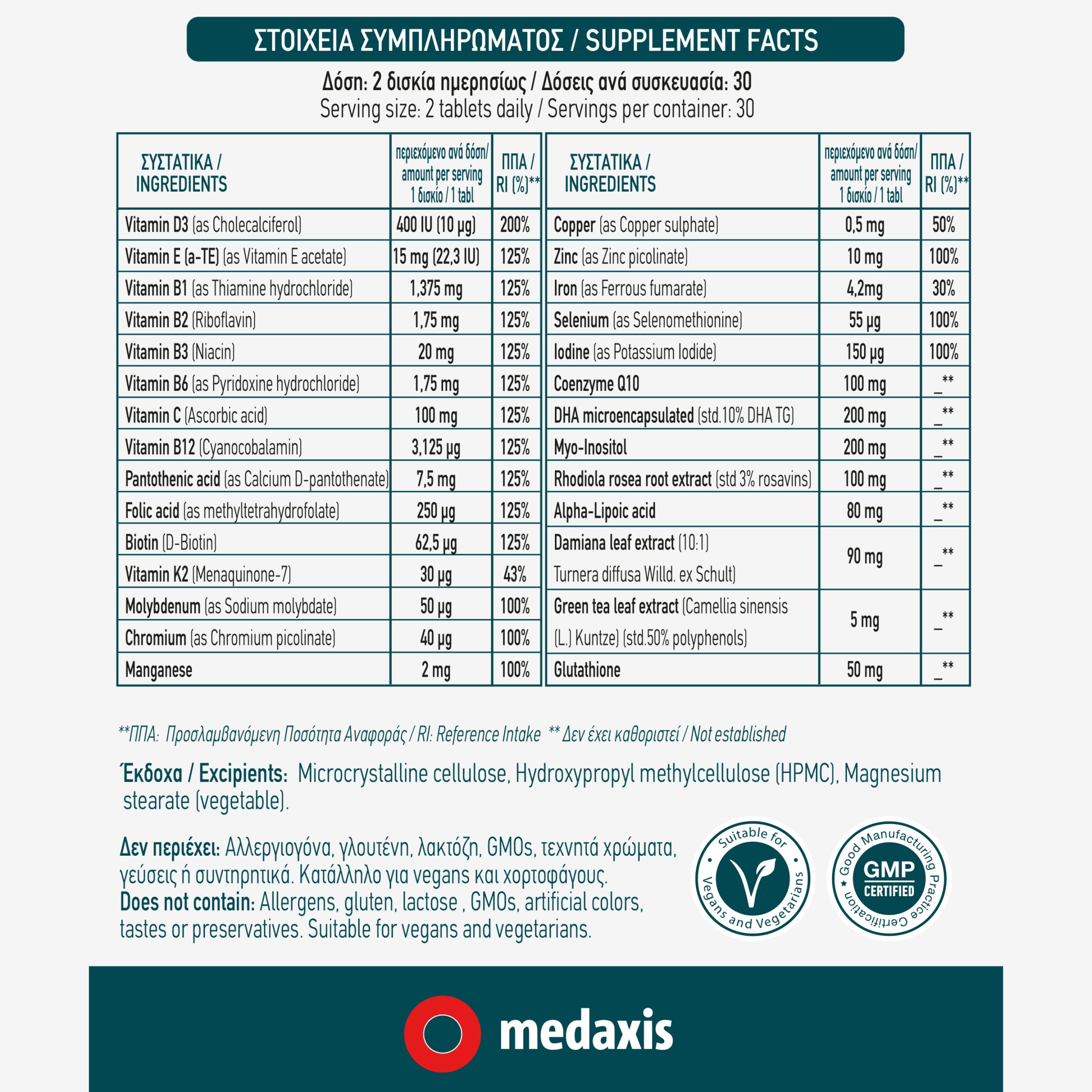
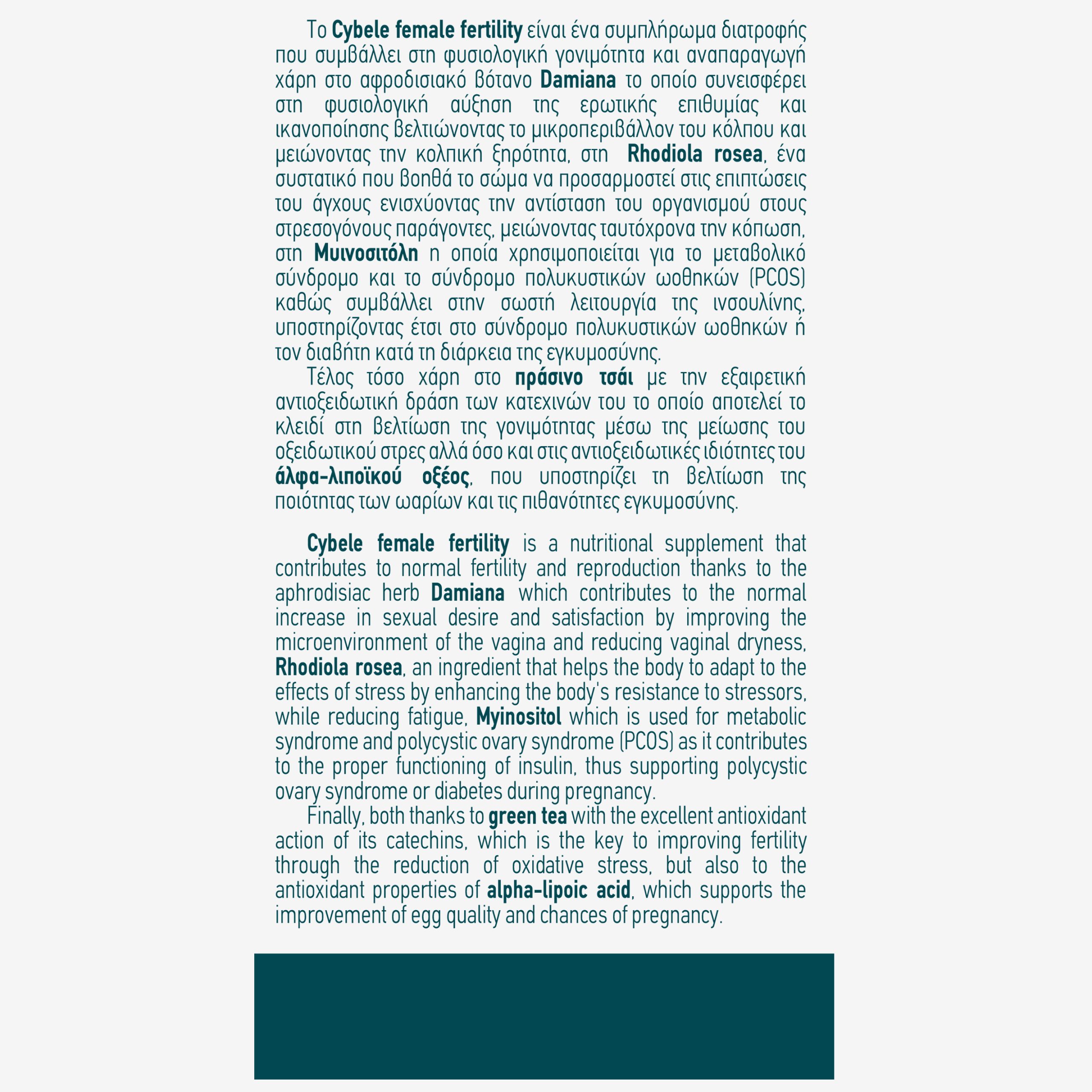
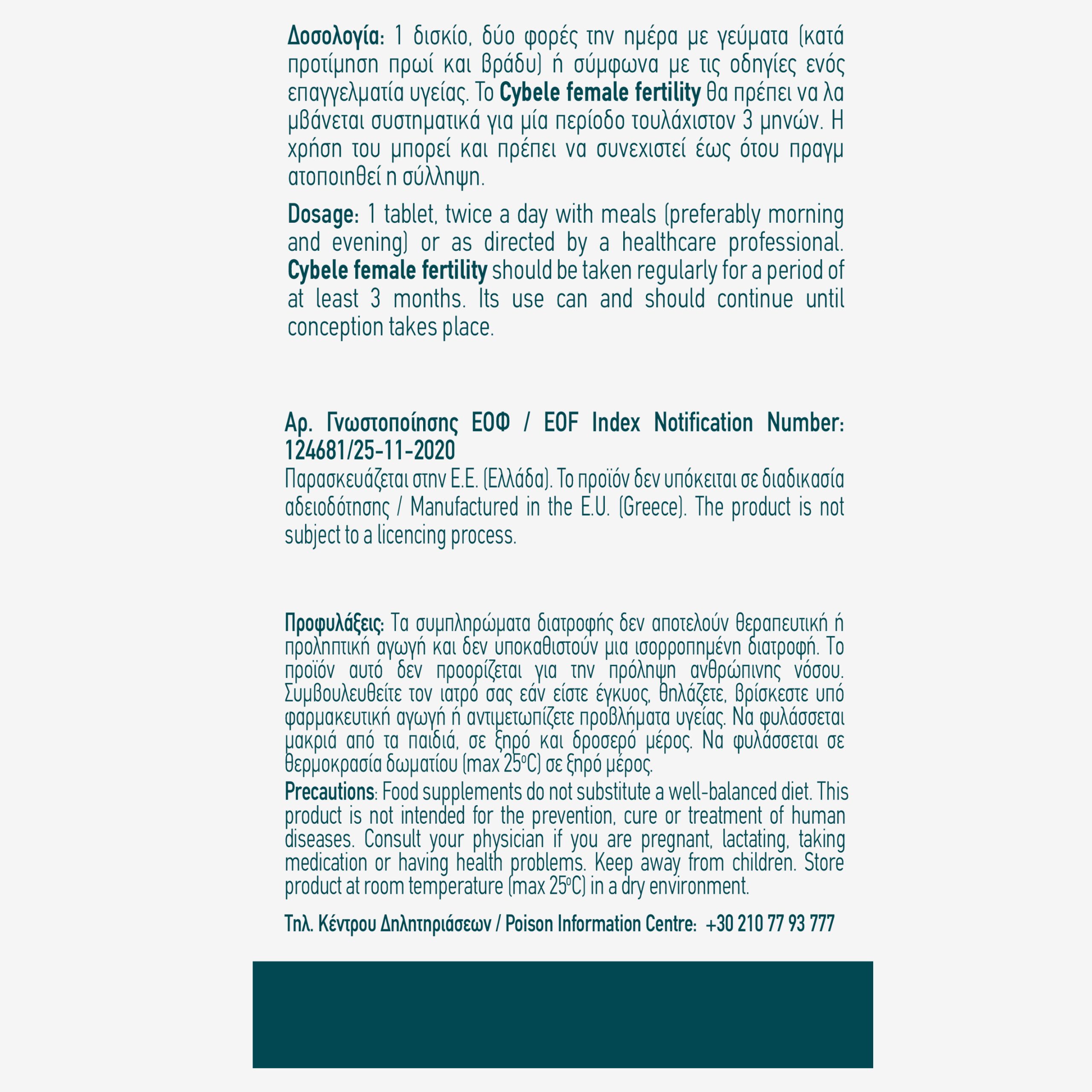
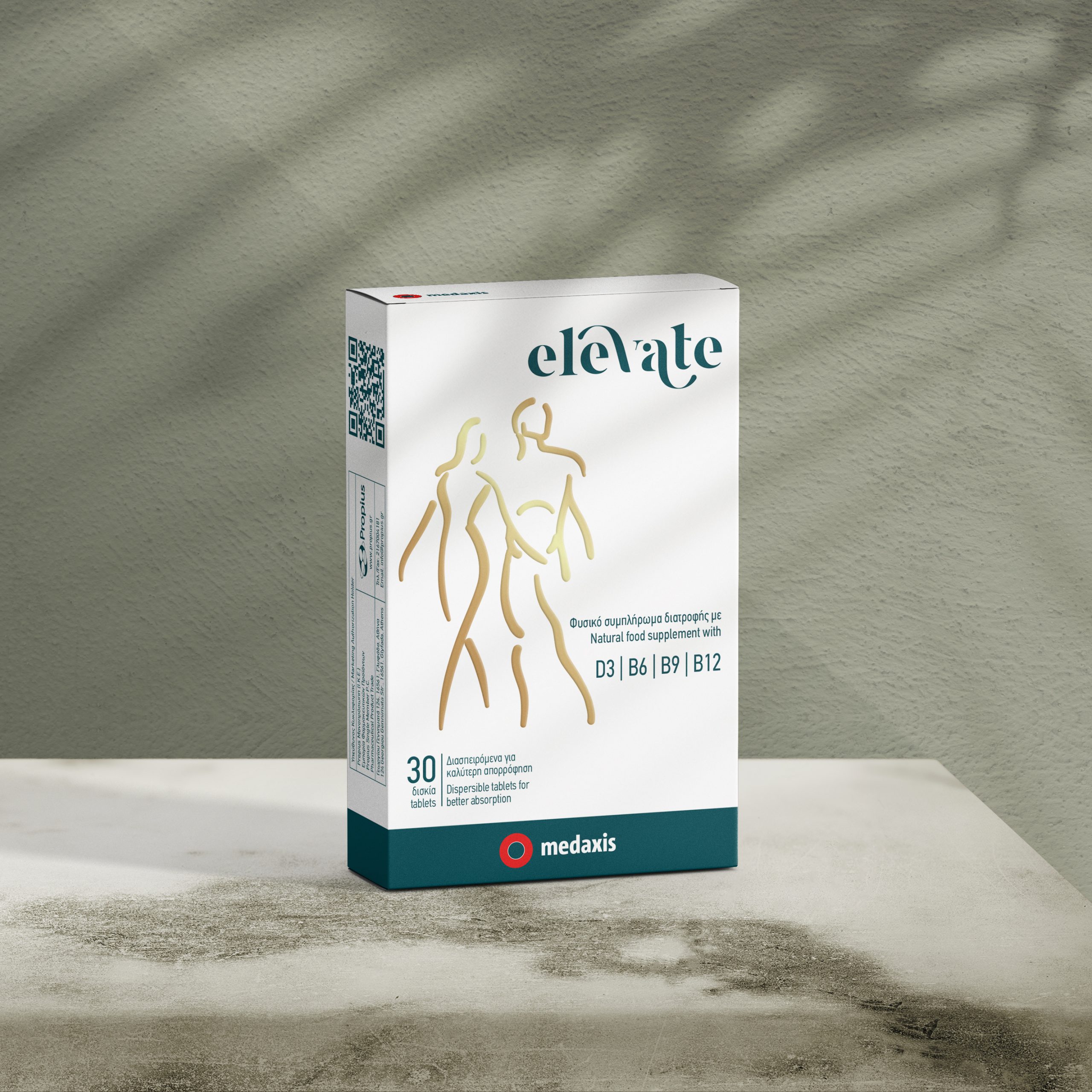
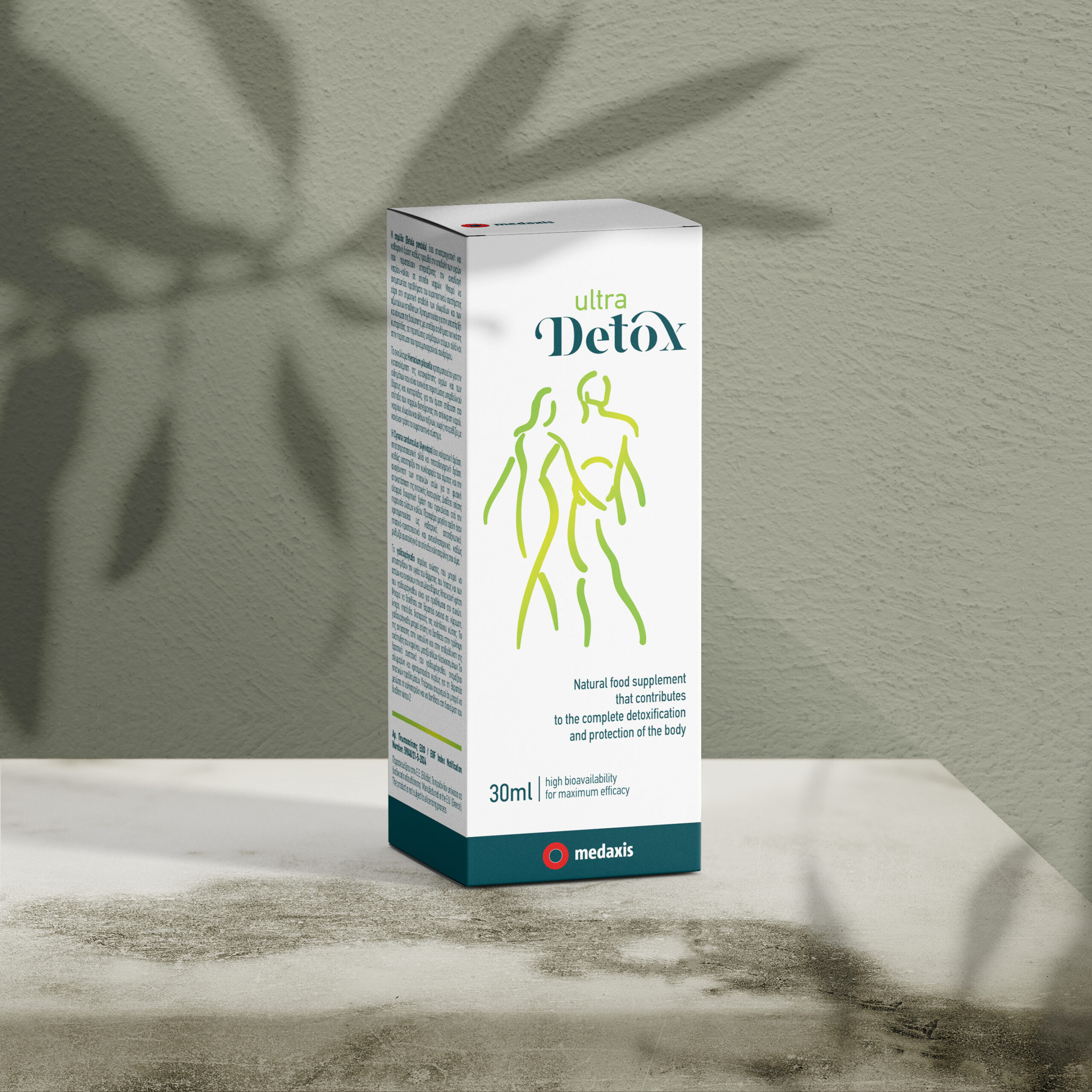
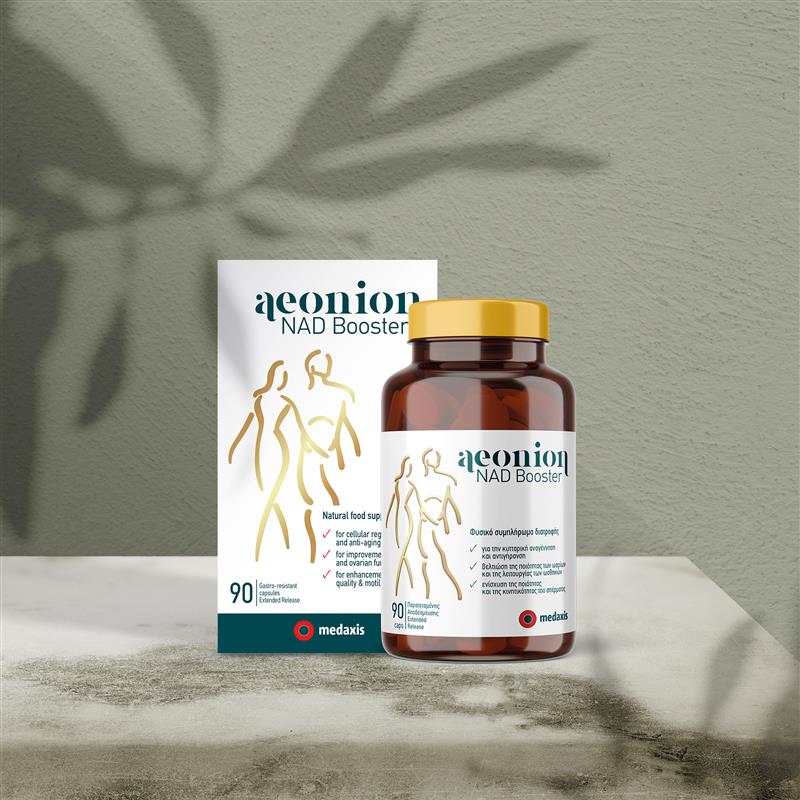
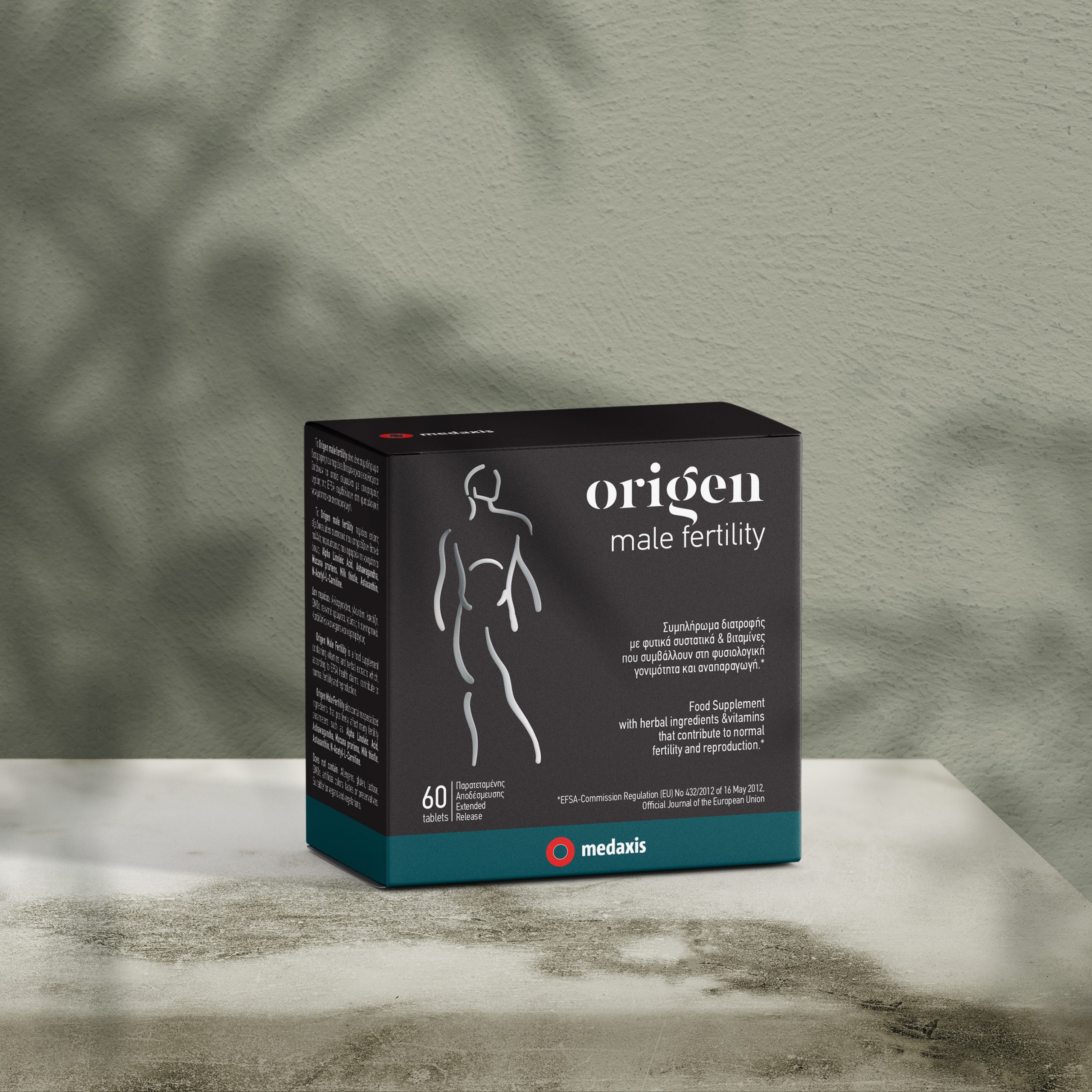
Reviews
There are no reviews yet.